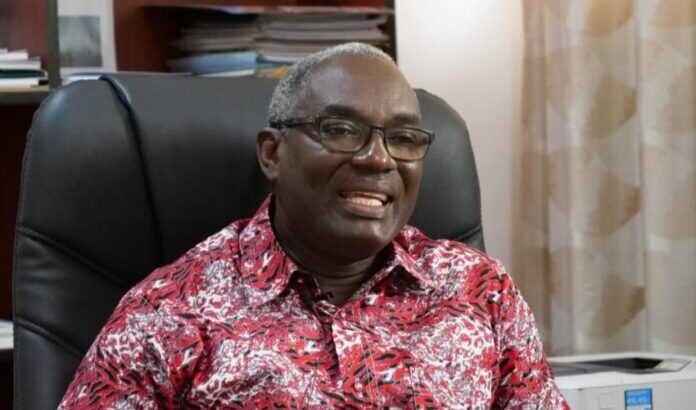The Director-General of the National Development Planning Commission (NDPC) Dr. Esseim Mensah-Abrampa, the number of poor people in Ghana has been reduced by half over the past twenty years.
He said these people have been moved to a range of wellbeing and satufacstion with the programmes and policies indtiuced over the last twenty years
He said this on the Hot Issue on TV3 Sunday December 10 while while stating that Ghana is not a poor country.
He described the West African natural resources-rich nation as a lower middle-income economy.
The World Bank defines lower-middle-income economies as those with a Gross National Income (GNI) per capita between $1,036 and $4,045; and upper-middle-income economies – as those with a GNI per capita between $4,046 and $12,535 (2021). Middle-income countries are home to 75% of the world’s population and 62% of the world’s poor.
Answering a question as to why Ghana is poor while speaking on the Hot Issue with TV3’s Kemmini Amanor on Sunday, December 10, Dr Mensah Abrampah said “Ghana is not poor, we are a lower-middle-income country. We are not poor because if you have the means of measuring in terms of development with all the global indicators, we have what we call the least developed countries, you have developing countries then you have lower-middle-income, upper-middle-income, and then developed.
“So it tells you that if you are going by these five graduations we are right in the middle.”
Asked why this status does not reflect in the lives of the people, he answered “It does reflect in the lives of the people because per capita income, how much you earn, and the sophistication in our lives and our well-being are far higher than the average in the world.”
He added “Definitely, we cannot live on the same income bracket which means that definitely there are some people who are poor but there is a process which has gone on for a very long time within twenty years, we have been able to half that, it means we have been able to move half of the people who are poor right into a higher range of wellbeing and satisfaction. So it is a process.”


